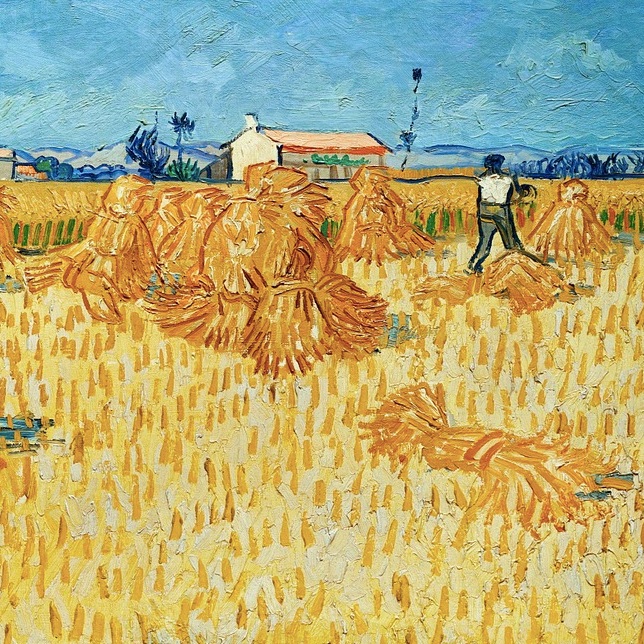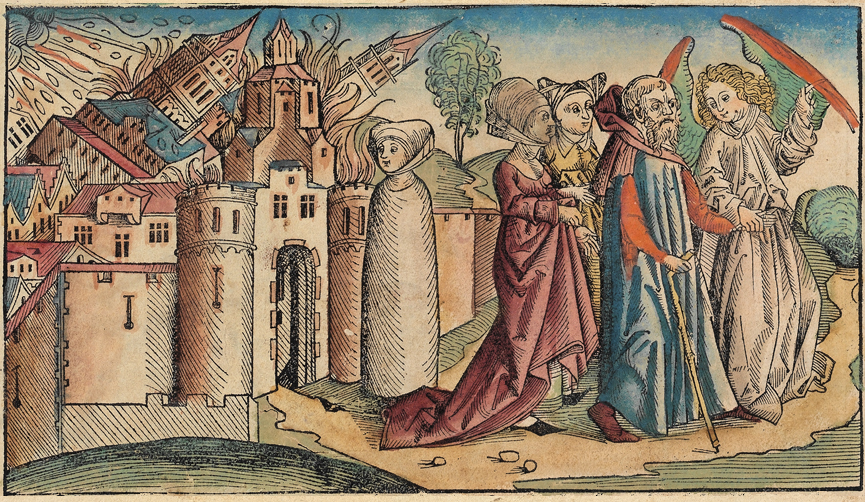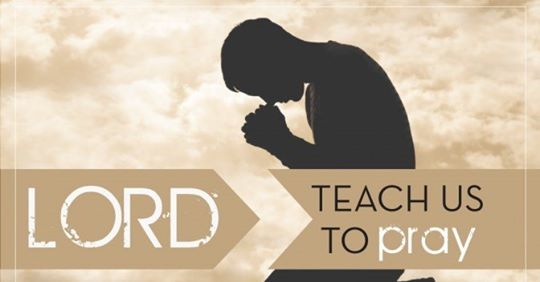|
Luke 12:13-21 - in which the farmer builds a bigger barn to house his bumper crop; Colossians 3:1-11 - which in essence says, if you have got stains on your shirt, change your shirt. There are some other readings you might like to look at first to give some background context. Our pericope is from the wisdom section, therefore, you might like to refer to 1 Kings 3:8-13, in which Solomon asks for wisdom; and Isaiah 22:13b, which says eat and drink for tomorrow we die. This can be compared with Luke 12:19, which quotes eat, drink and be merry, but in 1st-century Palestinian culture, they would have known the Isaiah version. James 4:13-17 reminds us that we do not know what tomorrow will bring, and Luke 16:19-31 is the story of the rich man and Lazarus. Matthew 6:21 reminds us, “For where your treasure is, there your heart will be also,” and Luke 12:33 tells us to sell possessions and acquire a purse that will not wear out, a treasure which will not be exhausted. Ecclesiastes 2:19 reminds us that you cannot take it with you. This bundle of references is a useful starting point for today’s story. Luke 12:1 tells us there are 1,000s in the crowd, and it is from this crowd that one person comes forward, asking about the fairness of his inheritance. Deuteronomy 21:16-17 tell us that the firstborn gets a double portion of the inheritance, as is played out in Luke 15:15-16 in the story of the prodigal son, where the younger son gets one-third of the estate. The man asking Jesus a question about inheritance shows the importance in which Jesus was held. They thought his authority would be able to solve the dispute, but Jesus did not want to get involved. Instead, he uses the opportunity to talk about greed. In the story, the farmer’s land has produced abundantly. We are not sure what effort the farmer has put in, but we assume that he did everything he needed to help the land and followed the legal requirements of gleaning (compare the book of Ruth, where being poor, she was able to take wheat from the outskirts of a field). We also assume he has paid his tithe of one-tenth because we are not told otherwise. The key question that this story prompts concerns security. Do we get our security from God, from our neighbours and community, or do we solely rely upon ourselves? Another question the story prompts is what do we do with our gifts? How do we use them? Do we store them up or dish them out? The answer is that whatever gift we have has to be used for the glory of God and for the benefit of others. The farmer was only thinking of himself, and the story is full of “I”. We do not know whether there were poor people or if the neighbours needed to have some wheat because they had not had such a good harvest. Or by storing the grain, was the farmer endeavouring to fix market prices, for the law of supply and demand means that if he reduces the supply, the price will go higher? What would you do if you had this abundance of food or wealth? Would you keep it or share it? Do we put our security in God or in ourselves? The farmer shows no gratitude to God, and the story is one of self-importance. The Colossians reading helps us answer how we should be as people. Paul writes to the people of Colossi, telling them to stop having feelings and emotions of impurity and anger and instead put on clothes of compassion and kindness. So let us, for a moment, stop and breathe. We breathe in and we breathe out, we breathe in and we breathe out, we breathe in … So lets breathe out some of the bad things within us. Using the Seven Deadly Sins as a guide, breathe out pride and breathe in compassion. Breathe out greed and breathe in kindness. Breathe out lust and breathe in humility. Breathe out envy and breathe in gentleness. Breathe out gluttony and breathe in patience. Breathe out anger and breathe in forgiveness. Breathe out sloth and breathe in love. We are often made to feel adequate when listening to the television and the advertisements because our economy is based upon materialism and consumerism. The economy of God is based upon sharing so that we do not hoard but give. Let us give ourselves an internal audit and ask ourselves these questions:
Once we have questioned ourselves, we can move forward. The farmer ate, drank and was merry, but for not long. The story says that God, who uniquely appears in the story and speaks, takes the farmer's life away. His wealth did not save him. So, the lessons from this part of the story are we should not make plans without including God, and we should not store up our wealth but rather share what we have. Wealth does not need to be money; it is our gifts, our resources, having an attitude of sharing and an attitude of community. It is a fabulous story from which we can glean so much, but in essence, find your security in God, share what you have, build your relationship with God and clothe yourselves in compassion, kindness, humility, gentleness, patience, forgiveness and love. This sermon was first preached by Reverend Martin Wheadon at Trinity United Reformed Church, Upminster, on 31st July 2022
0 Comments
Readings: Genesis 18:20-32 Luke 11:1-13 What I love about the Genesis reading is Abraham's confidence in speaking with God. It is breath-taking arrogance, yet Abraham seems certain he can negotiate with God about the outcome and destruction of Sodom and Gomorrah. The reading asks many questions, such as, what is our relationship with God, can we change God’s mind, and how are prayers answered? After communicating with God, Abraham must have felt that as long as at least ten people were righteous, then the towns would be saved. But as we progress into Genesis 19, we see the wickedness of the townspeople, which gives us a glimpse of the bigger picture to understand why the towns needed to be destroyed. We also gain some appreciation of God’s justice. We tend to domesticate God, thinking that we can get away with anything because God will understand, but in the story of Genesis, we see a demonstration of the full wrath of God. The two towns, Sodom and Gomorrah, were located on the south part of the Dead Sea. It is thought that the Dead Sea was devastated by an earthquake between 2100 and 1900 BCE. Abraham lived around 1900 BCE, so it is possible the earthquake destroyed Sodom and Gomorrah during his lifetime. This claim is backed up by the major fault the cities sat on: the Jordan Rift Valley. But there is another thought a meteor destroyed the City of Tall el-hammam, an archaeological site in the eastern part of the lower Jordan Valley, in around 1,650 BCE. So there seems to be some historical basis for the validity of the story. Sodom and Gomorrah, called the “cities of the plain”, of which I believe there were five, are sometimes used as metaphors for homosexuality. Indeed the words “sodomite” and “sodomy” have stemmed from this context as crimes against nature. Whilst you can understand from the Genesis reading why this thinking has been prevalent, it is important to also read the words of Ezekiel 16:49-50, who widened the areas of evil to include pride and the inability to aid the poor and the needy. The Luke reading is helpful in relation to prayer. The disciples want to know the best way to pray. The Jewish people have a special covenant with God, “I will take you as My own people, and I will be your God” (Jeremiah 30:22), but what do you have to do to fulfil your part of the covenant? The disciples are asking, what is the minimum we need to do in order to gain our special place as chosen people? This is not an unreasonable request from a disciple to a teacher, from a disciple to a rabbi. So, Jesus refers to some of the Jewish prayers. If reciting the Shema was the most important prayer, then reciting the Amidah was the second, which was said three times a day. The comparison between the Amidah, which contains 19 blessings, with the Lord’s Prayer is striking. Jesus did not come up with anything new but helped us prioritise what we ask from God. He did a similar thing recently by responding to the lawyer who asks what you should do to have eternal life. Jesus cut through 613 commandments and selected Deuteronomy 6:5, “Love the Lord your God with all your heart and with all your soul and with all your strength,” and Leviticus 19:18, “love your neighbour as yourself.” So, the Lord’s Prayer or the ingredients to the Lord’s Prayer were well-known to the disciples. The pericopes that follow this reading allow us to know how we should pray rather than what we should pray. We should pray in the way that works for us, but this has to involve communication, encountering God, speaking with God, listening to God, spending time with God, and understanding God. In the two stories that follow, there is something about persistence and keep on praying. This theme is taken up in Luke 18:1-8 with the story of the Judge and the Persistent Widow. We have to keep on asking, keep on seeking, keep on knocking. We can talk honestly with God, for God knows our motive for praying. Praying also connects us and helps us align our thoughts with God’s. Instead of praying for ourselves, we pray for what God wants us to pray for a Just society. We need to have faith that God has heard our prayers. Perhaps the answer to our prayer is obvious, or maybe God says no because it does not fit God’s plan. Maybe our prayers are answered in a way that we cannot see or are granted at a time that is more in keeping with God’s time than our time. Whichever way prayer is answered, we must continually trust that God has a better plan for which we play an integral part. This sermon was originally preached at Chadwell Heath URC by Rev'd Martin Wheadon on 24th July 2022
|
©Copyright
We are happy for you to use any material found here, however, please acknowledge the source: www.gantshillurc.co.uk AuthorRev'd Martin Wheadon Archives
June 2024
Categories
All
|



 RSS Feed
RSS Feed